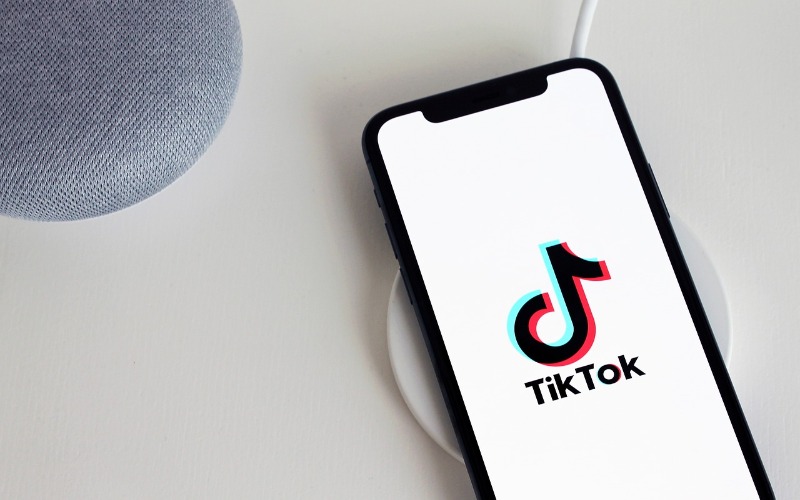The ongoing saga of TikTok in the United States has reached a critical juncture, with the U.S. House of Representatives passing a bill that mandates ByteDance, TikTok’s Chinese parent company, to divest its U.S. assets or face a ban. This bill, reflective of escalating concerns over national security and data privacy, underscores the intricate dance between maintaining innovation and safeguarding privacy in the digital age.
As digital intelligence professionals navigate this uncertain terrain, understanding the multifaceted implications of this development is essential. The bill’s passage in the House was marked by broad bipartisan support but also faced significant opposition, signaling a complex landscape ahead as it moves to the Senate (Yahoo Finance) (The National Law Review) (South China Morning Post). Critics of the bill, including a mix of progressive Democrats and MAGA supporters, raised concerns about emulating China’s censorship regime and unfairly targeting TikTok among social media apps, highlighting the need for a balanced approach that does not stifle free expression or innovation (South China Morning Post).
The response from TikTok and its user community has been notably vigorous, with CEO Shou Zi Chew emphasizing the potentially detrimental impact on creators and small businesses. This response, coupled with users’ active engagement in protesting the bill, underscores the platform’s significant cultural and economic influence (Yahoo Finance). However, ByteDance is holding firm against selling TikTok, pointing to Chinese regulations that would complicate such a divestiture, especially concerning the app’s proprietary algorithms (Yahoo Finance).
The Senate’s stance remains uncertain, with voices like Republican Sen. Rand Paul suggesting a ban would violate constitutional rights, while others, such as Sen. Marco Rubio, express longstanding concerns over apps under foreign influence (Yahoo). This split reflects broader debates over digital sovereignty, data privacy, and the role of government in regulating the tech industry.
TikTok has become a crucial platform for countless brands, influencers, marketers, SMBs, and consumers. It serves not just as a video-sharing app but has become a key influencer of cultural trends. For digital intelligence professionals, this platform yields a treasure trove of insights around those cultural trends, including consumer behavior and sentiment.
It has significantly boosted brand engagement, awareness, consumer insights, and brand sales—case in point- the Stanley Cup thermos. The Stanley Cup phenomenon highlights TikTok’s ability to make products iconic, reflecting its role in shaping and spreading trends. Its algorithm encourages originality and genuineness, which is necessary for any brand seeking to establish a strong bond with consumers. I believe TikTok has become kind of a “current trends barometer,” making it a nearly indispensable component of any digital strategy for markers to connect with and engage their target markets.
To be prepared, brands and businesses on the platform must not just understand the importance of scenario planning and adaptive strategies but also put them into action. As the saga evolves, professionals must anticipate a range of outcomes, from a full ban to more stringent regulations or even a potential divestiture scenario. This is not a time for complacency but for strategic planning and adaptability. It requires a nuanced understanding of legislative processes, a keen eye on public sentiment, and a strategic approach to advocacy and public relations.
Moreover, the situation highlights the critical role of data privacy assurances and platform diversification strategies. As users and creators express concerns over their futures on the platform, providing clear guidance on data security is crucial. Exploring alternative platforms and re-evaluating the priority of current platforms will be key in maintaining trust and engagement with consumers, especially if TikTok gets banned or drastically changes.
While there are no easy answers, one thing is clear: TikTok’s future in the US is still being determined. The unfolding TikTok saga is a study of the complex interplay between innovation, privacy, and regulation in the digital era. Brands must navigate these waters with agility, foresight, and a commitment to balanced, data-driven decision-making. Adaptability, strategic communication, and proactive stakeholder engagement will be paramount in these uncertain times.











